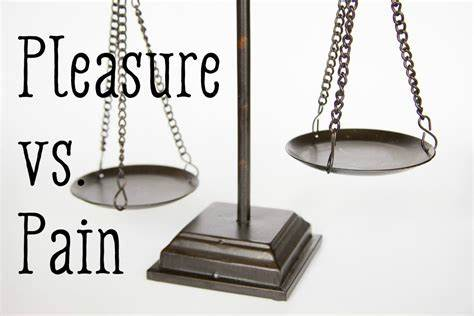Utilitarianism: Balancing Pleasure, Pain, and Ethical Choices

The Essence of Utilitarianism
Utilitarianism, an ethical theory rooted in consequentialism, centers on the maximization of overall well-being. It posits that actions are morally right if they produce the greatest amount of happiness (pleasure) and minimize suffering (pain) for the majority.

Weighing the Hedonic Calculus
The concept involves assessing the intensity, duration, certainty, and propinquity of pleasure or pain caused by an action. These dimensions are key components of the utilitarian's "hedonic calculus," used to evaluate the moral value of choices.
The Greater Good Dilemma
Utilitarianism often raises the question of whether individual rights and justice might be compromised for the sake of the greater good. Critics argue that focusing solely on outcomes neglects the rights and dignity of individuals.

Applications and Challenges
Utilitarianism offers a practical framework for decision-making in areas such as public policy and medical ethics. However, it grapples with challenges in quantifying happiness, predicting consequences accurately, and addressing conflicting values.

Conclusion: The Balancing Act
Utilitarianism's pursuit of the greatest overall happiness underscores the complexity of ethical choices. Balancing pleasure and pain within this framework requires careful consideration of short-term gains and long-term effects on individuals and society.